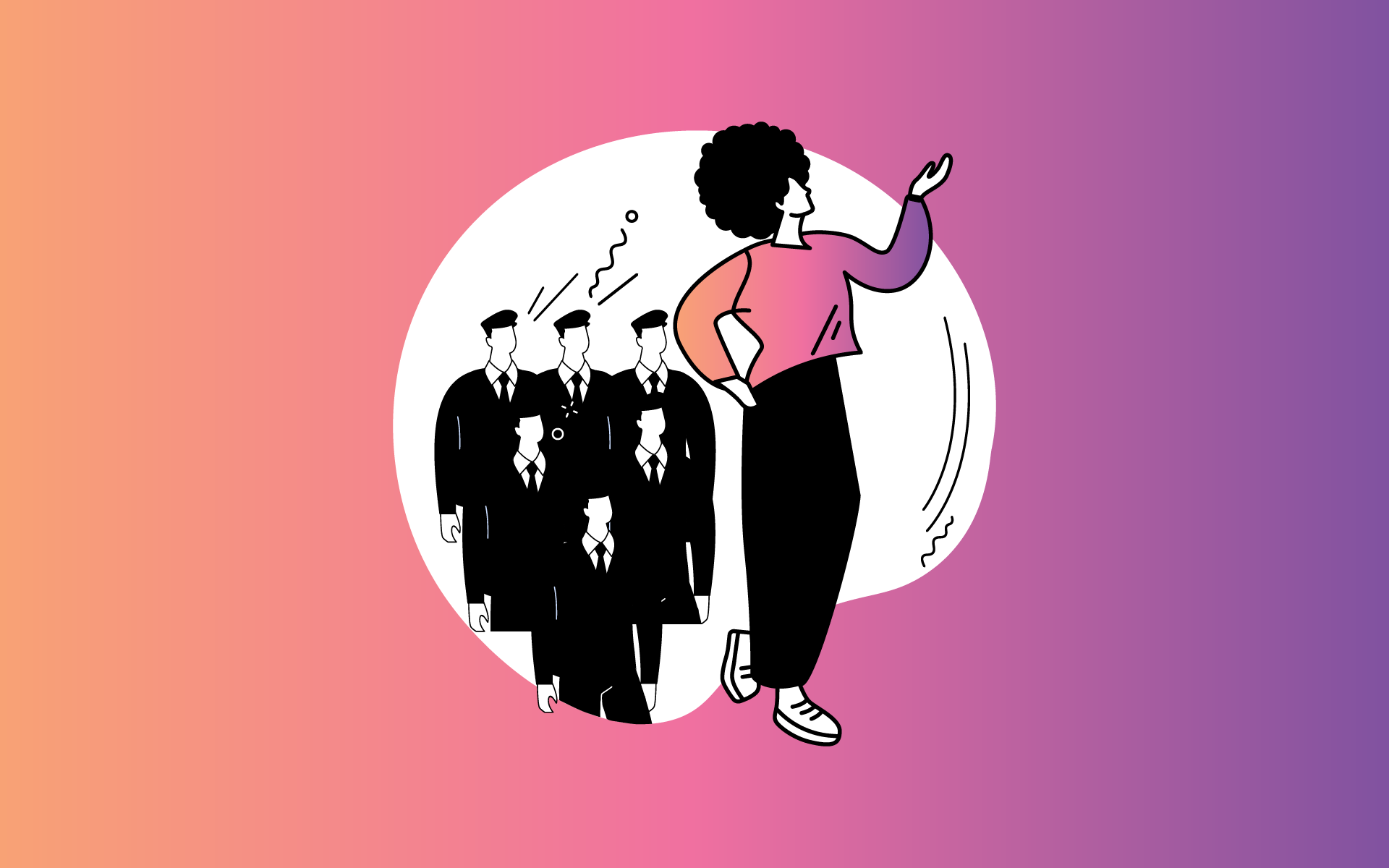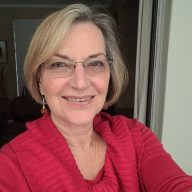When the group is against you

Making a change often means moving into a new community – new colleagues, new student friends. If they close ranks against you, you have to hold on to your vision with all you’ve got.
Social support can be a crucial catalyst for effecting change. But what if the social network is used to do the opposite, to hold you back and trip you up? For many of the guests in our podcast series, this was the harsh reality.
Asnath Mahapa qualified as a commercial pilot at the age of 20. Her new colleagues were not welcoming, however. The Air Force said she was too short to fly for them (she fought that, and the rule was later changed). At SAA, she started working but then suddenly was told she “did not meet requirements” and fired – at the same time as the media was celebrating her as South Africa’s first Black female pilot. “For the longest time I was walking around very hurt and afraid,” she says. “(The voice in my head was saying), ‘People are watching me. The first mistake I’m going to be out of here.’”
“If the group is against you, you really have to be strong,” says change expert, Dr Frank Magwegwe. Imposter syndrome can easily kick in, making you feel you don’t belong, and creating self-doubt. “It eats away at your self-efficacy.”
Mountaineer Saray Khumalo remembers her first attempt to summit Mt Everest, in 2014. “People said, ‘What have you done (before)? Are you going to Base Camp?’ The assumption was there’s no way you could be going above (base camp). And I thought, maybe I don’t belong here.” Five years and four attempts later, she would be the first African woman ever to reach the summit.
When architect and conductor Ofentse Pitse wanted to take music as a subject at her school in Pretoria, she was told it was not for her. They did not own a piano; it would not work. “For the longest time, I had a trauma response to music,” she says.
“People respond to (stereotyping and being put in boxes) in two distinct ways,” Frank explains. “One is to internalise it – ‘I believe it’ – and then it kills your aspirations. The other is, ‘No, I don’t belong in this box. This is infuriating. I’m going to show you what I’m made of.’ That’s the concept of self-efficacy, the belief that I can set goals and achieve them in spite of obstacles.”
On Saray’s trek in 2014, an avalanche killed 16 sherpas. The tragedy brought a fundamental insight. “They were as scared as I was. It made me realise that the playing field is really level. There’s no Superman here.” After that, the prejudice just made her mad. “In the mountains, people should look at someone like me and give me the same benefit of the doubt they would give a white male with money.” Even when the relevant minister at the time, Fikile Mbalula, announced that the government had funding to take the first Black African woman to the summit of Everest, he asked her, “Who’s the man taking you up?” “I had more experience than any man!”
Asnath says in her case it was fake it till you make it. Every morning, she would “arrange (her) face” and walk into a hostile environment, having to fly with yet another white man who did not think she could do it. There would be no friendly small talk, no collegiality. Only after she had illustrated her skill in some way, like handling a difficult landing, “suddenly the guy’s talking to you.” A senior white colleague finally clarified it: “There’s nothing wrong with your flying,” he said. “It’s the men you want to sit next to.” Not only was she a woman, but she was black. She was not welcome.
When Ofentse decided she wanted to learn conducting, she went right to the top: Gerben Grooten, an internationally renowned conductor now based in Pretoria. He agreed to be her teacher and mentor, spelling it out from the beginning that she would have to be able to hold her own when faced with disbelief and prejudice – she was a young Black woman in a world where this was unheard of. “He coached me, like, I guess how (tennis star) Serena’s father coached her, like there was never a young girl thing. There was never any babying. He said, ‘I need to make sure whoever comes against you, you can say, okay, let’s go.’”
The only way to counter a hostile crowd is to be the best. That’s what these women did. Every one of them was the first in her field. It was a lonely journey, a constant struggle against stereotypes, prejudice and racism. Every one of them is working to make it easier for those who follow in her footsteps. “I don’t want another young person ever to be told, ‘Because you’re from A or B, you cannot be a musician.’ I want to give the Black child, especially the Black girl child, a place at the table,” says Ofentse with her (black) orchestra and choir. Saray climbs mountains to raise money for libraries because education is the essential stepping stone out of poverty and into opportunity. Asnath started a flight school.
Margaret Thatcher said, “Whatever women do, they must do it twice as well as men do it to be thought half as good. Fortunately, that’s not difficult.” She would have loved our pioneers.
*You can get better at navigating change. Enrol to our Change Programme, an interactive course based on decades of science, that can help you find the growth and opportunity in all change.





